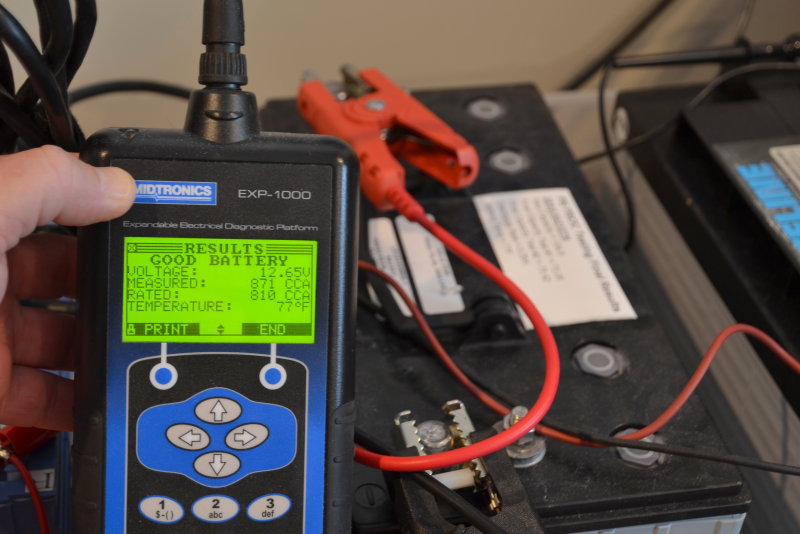Hi all,
On our Beneteau 40 2008, we still have the original Fridge and top loader Freezer. Last year, no issues.
The boat was on the hard between November 2020 and the end of April 2021.
When the boat was back in the water, initially, Fridge as well as Freezer was working. Then all of the sudden the Fridge stopped working but the Freezer was doing fine. I tried to find out what was wrong and realized that our main battery on the control panel was showing only 11.9 V. That was different last season. While our enginge battery always showed an erratic number like 7 volt or lower (direct measurement shows about 12.6V - charger off) the main battery always showed more realistic numbers around 12.5 V or more.
At some point we got the Fridge working again for some time but then it failed again. Unfortunately now also the Freezer failed. Two weeks ago, both, Freezer and Fridge worked at least for some time. This weekend both worked initially than first the Fridge stoped working than the Freezer.
The house battery voltage on the main panel is jumping up and down, goes as low as 10V and if I stop everything it goes up to 12.5V.
If I wait for a while until the house battery voltage has increased back to about 12.5 V and then hit the Fridge switch on the panel both the Fridge and Freezer starting.
Based on that I would assume that I have issues with the house battery and that there is not always enough to start the compressor, but If I measure voltage on the house battery directly while charger is off, I get 12.9V.
Confusing.
Any thoughts how to get closer to the problem?
Thanks
Christoph
On our Beneteau 40 2008, we still have the original Fridge and top loader Freezer. Last year, no issues.
The boat was on the hard between November 2020 and the end of April 2021.
When the boat was back in the water, initially, Fridge as well as Freezer was working. Then all of the sudden the Fridge stopped working but the Freezer was doing fine. I tried to find out what was wrong and realized that our main battery on the control panel was showing only 11.9 V. That was different last season. While our enginge battery always showed an erratic number like 7 volt or lower (direct measurement shows about 12.6V - charger off) the main battery always showed more realistic numbers around 12.5 V or more.
At some point we got the Fridge working again for some time but then it failed again. Unfortunately now also the Freezer failed. Two weeks ago, both, Freezer and Fridge worked at least for some time. This weekend both worked initially than first the Fridge stoped working than the Freezer.
The house battery voltage on the main panel is jumping up and down, goes as low as 10V and if I stop everything it goes up to 12.5V.
If I wait for a while until the house battery voltage has increased back to about 12.5 V and then hit the Fridge switch on the panel both the Fridge and Freezer starting.
Based on that I would assume that I have issues with the house battery and that there is not always enough to start the compressor, but If I measure voltage on the house battery directly while charger is off, I get 12.9V.
Confusing.
Any thoughts how to get closer to the problem?
Thanks
Christoph


